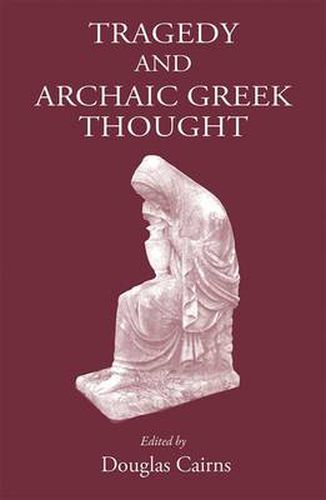Readings Newsletter
Become a Readings Member to make your shopping experience even easier.
Sign in or sign up for free!
You’re not far away from qualifying for FREE standard shipping within Australia
You’ve qualified for FREE standard shipping within Australia
The cart is loading…






Eight leading contemporary interpreters of Classical Greek tragedy here explore its relation - convergence and divergence - with ideas of the Archaic Period. Prominent are the nature and possibility of divine justice, the influence of the gods on humans, fate and human responsibility, the instability of fortune, the principle of alternation, hybris and ate , the inheritance of guilt and suffering. Other themes are tragedy’s relation with Presocratic philosophy, and the interplay between ‘Archaic’ features of the genre and fifth-century ethical and political thought. Here is a powerful case for the importance of Archaic thought not only in the evolution of the tragic genre but also for developed features of the Classical tragedians’ art. Along with three papers on Aeschylus, four on Sophocles, and one on Euripides, there is an extensive introduction by the editor.
$9.00 standard shipping within Australia
FREE standard shipping within Australia for orders over $100.00
Express & International shipping calculated at checkout
Eight leading contemporary interpreters of Classical Greek tragedy here explore its relation - convergence and divergence - with ideas of the Archaic Period. Prominent are the nature and possibility of divine justice, the influence of the gods on humans, fate and human responsibility, the instability of fortune, the principle of alternation, hybris and ate , the inheritance of guilt and suffering. Other themes are tragedy’s relation with Presocratic philosophy, and the interplay between ‘Archaic’ features of the genre and fifth-century ethical and political thought. Here is a powerful case for the importance of Archaic thought not only in the evolution of the tragic genre but also for developed features of the Classical tragedians’ art. Along with three papers on Aeschylus, four on Sophocles, and one on Euripides, there is an extensive introduction by the editor.